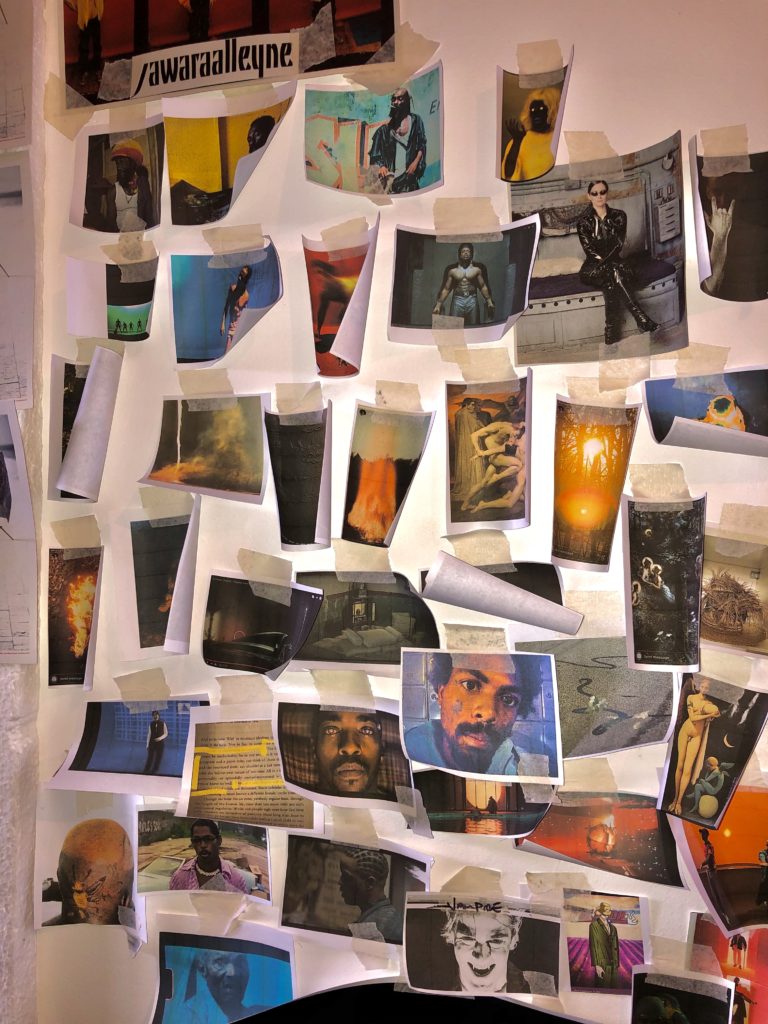
The Mysticism of Being -Jawara Alleyne
20 September 2020
September Residency: New Moor (No More)
As someone who’s creative identity and sense of self has been shaped by three very different physical landscapes, I was interested to know more about Jawara Alleyne’s relationship to his practice and his interests. Jawara is a fashion designer and bartender, who lives and works at his home in Bethnal Green. Before moving to London to study fashion, Jawara lived in The Cayman Islands for 8 years, where he relocated from his hometown of Mandeville, Jamaica. His work and research ‘contemplates notions of identity to breathe life into a new man, and a new vision of menswear.’ Jawara’s work ’Sits at the intersection of storytelling and conscious design for the man who chooses to define himself.’ His most recent collection delved into the mysticism of being, drawing parallels between fantasy icons such as pirates and vampires with Rastafarians and Jamaican men.
Tell me a little bit about the spaces you occupied growing up and what home means to you.
I was born in Jamaica, where I lived until I was twelve. There was always a sense of movement and progression from one place to the next as our economic position shifted ever so slightly. My family was always investing their earnings into building ‘home’ and we often moved from one home to the next. To me, home was never about the structure or environment that I was in but instead wherever my family was; That was the only constant. Traveling to Cayman as a kid to visit my mother (who lived there) also shifted my perception of home.
I left Jamaica to live in Cayman and the experience was very much the same; we started in one house and moved into different areas/homes once our economic position allowed. In Cayman I had more of a sense of freedom in discovering myself, possibly because I was older but moving through different social circles offered a new sense of growth as I became exposed to different things. Having the freedom to move across the island gave me a sense of autonomy that forced me to grow. Though better than Jamaica it still wasn’t really enough. I had to move away from the comfort of what had become home in order to grow further in my sense of self, as that society can be quite stifling. Living in Cayman still had its challenges, being gay in any Caribbean country can be an uncomfortable and sometimes dangerous experience.
So you don’t feel like you have a connection to a particular landscape, you’d define home more in an abstract sense?
Yeah, home is very abstract for me. Because even in Jamaica my family never lived in one house. Even when I go back now it feels a little bit awkward because my home (my family) aren’t there. They’re all scattered around Jamaica and the world so, yeah I don’t really have a connection with home as a place. The memory of that space is familiar, but without my family occupying it, it feels different.
How does this movement relate to the work that you make?
Movement through social and physical landscapes was quite important to me in researching my final collection at university; it prompted an inquiry into the history of the environments I grew up in. Who were the peoples that existed there? What are the different cultural reference points that came from other parts of the world that formed my identity? To be Jamaican you’re essentially a citizen of the world; Our motto is ‘Out of many, one people’ because our identity is so intertwined with the different cultures who came to Jamaica. We had the Spanish, Germans, Africans, indigenous people of the Caribbean, Indians and Chinese, all of whom still form an important part of the way that Jamaican society is. Growing up around such differing cultural backgrounds has definitely informed the way that I approach fashion, and being gay I had to think about things very differently since I was a kid; within the context of identity, the politics of being and what it feels like to navigate different areas and communicate within them. It’s tricky as a designer though, because once you start making garments it becomes very one dimensional and your focus shifts from the depth of your research to the quality of the garment, sometimes at this stage you’re completely out of the picture. With every project I do I try to pull the work back into its contextual space; For example by developing projects/presentations in the Caribbean or pop-up exhibits in London – I did a one-night exhibit in a hair and nail salon in Peckham. I think having the cultural and social background I have allows me to see many different tiers in society. It allows me to extend into projects that aren’t so rooted in fashion, such as a summer camp I’m currently writing for Caymanian teens.
I guess as a designer making a product, these themes are explored in a different way to an artist who almost has free reign over their output. When looking at fashion and identity, how does environment comes into play?
I’ve been looking a lot at the way that Jamaican people, particularly Jamaican men, are animated. The way that they move and talk doesn’t really fit into the western definition of masculine performance, despite Jamaica being a very masculine led and often homophobic place.
Men in Jamaica have developed their own sense of self. They wear a lot of colour, there’s an emphasis on taking care of yourself, they dress up, dance, sing and have a really good connection with their body and sense of being. The western view of masculinity is very rigid, for example wearing a suit almost removes the human aspect of what it means to exist outside of the performance of machismo. In Jamaica you have a lot of what the world would consider to be feminine men, in the way that they perform their sense of self, but they’re not gay and its not considered to be gay. The hatred of ‘the queer’ is still present, even though the way that they perform their identity is sort of queer in itself. I’m really interested in that.I’ve also been looking at characters who’s performance of the self illuminates the grotesque in human behaviour, such as pirates, vampires, werewolves, magicians and sorcerers. I’m connecting these characters back to representations within my own culture such as Rastafarians, medicine-men, griots and musicians like Lee Scratch Perry. There’s a delicate balance of what’s considered to be normal which is governed by one’s space and environment, which is so interesting when you delve into it. We have a pirate festival in cayman, they would dress up in typical pirate attire, dreadlocks, hearties, jewels in their beards and hair, wearing really fluid garments, flowing white shirts, leather coats and huge boots, which is completely not what people in Cayman are supposed to be wearing at this current point in time. At this festival, everyone would be wearing that.
Thats kind of camp! It’s like camp/queerness infiltrated a space where it wasn’t explicitly welcome yet was being celebrated.
Right! a pirate is a very camp character. There’s this one guy in cayman who was all over my research book. He had tattoos on his face. Real outcast that lived by his own rules.
You said to me before that you’ve spent equal amounts of time in Jamaica and Cayman and now London. How do you feel that your identity operates in each of those spaces, do they all have individual influences within your work?
Yeah. The way I think of my work is different when i’m in each of these spaces. In Jamaica I’m from the mountains in the countryside. My relationship with my work boiled down to what I was seeing around me – the topography. I was staying between my mothers house and my grandmothers house and we have a small farm. My relationship with my work was reduced to the process of being, I was draping fabric on the clothing line and taking photos of it, there was a lot more intuition and play involved as the work was a direct response to the environment. Wrapping fabric around chairs, on trees or tables, that allowed me to connect a little more organically with my work as a natural and meditative practice. There were not a lot of people around where I lived, so what I’d see in the expanse was trees, asphalt and dirt mines. In that space there’s much more of a reduction of the framework we put things in to make sense of stuff, so your thought process just runs free.
The Cayman society and environment is different to the one I grew up in in Jamaica. In Cayman even if you don’t live in the city, you have a very strong connection with it because it’s such a small island and it’s inevitable the you interact with that space. Cayman is a very structured society, the main industries are tourism, finance and business which are all very formal occupations where you wear uniform. The way that I’d view myself and my work in relation to that environment is that everything needs to make sense, because everything in Cayman fits into a box. So when I was there, my work had to have context. If I was making a dress it had to be a certain type of dress, with a specific function or purpose. That way of working is useful but very constrained, there’s a lack of freedom.
London however allows for balance as the creative space allows me to have both conversations in fashion. The exploration of both freedom and structure in the way I can work, which are also conversations within the space of identity and masculinity. I think because London offers the freedom of self expression, particularly as it relates to my sexuality, there’s less tension when it comes to pushing my ideas further. In London I can dress how I want and express myself authentically and how I feel most comfortable, because the environment allows for that reality. Here in London, I’m only limited by my imagination.
Website: jawaraalleyne.com
Instagram: @jawaraalleyne



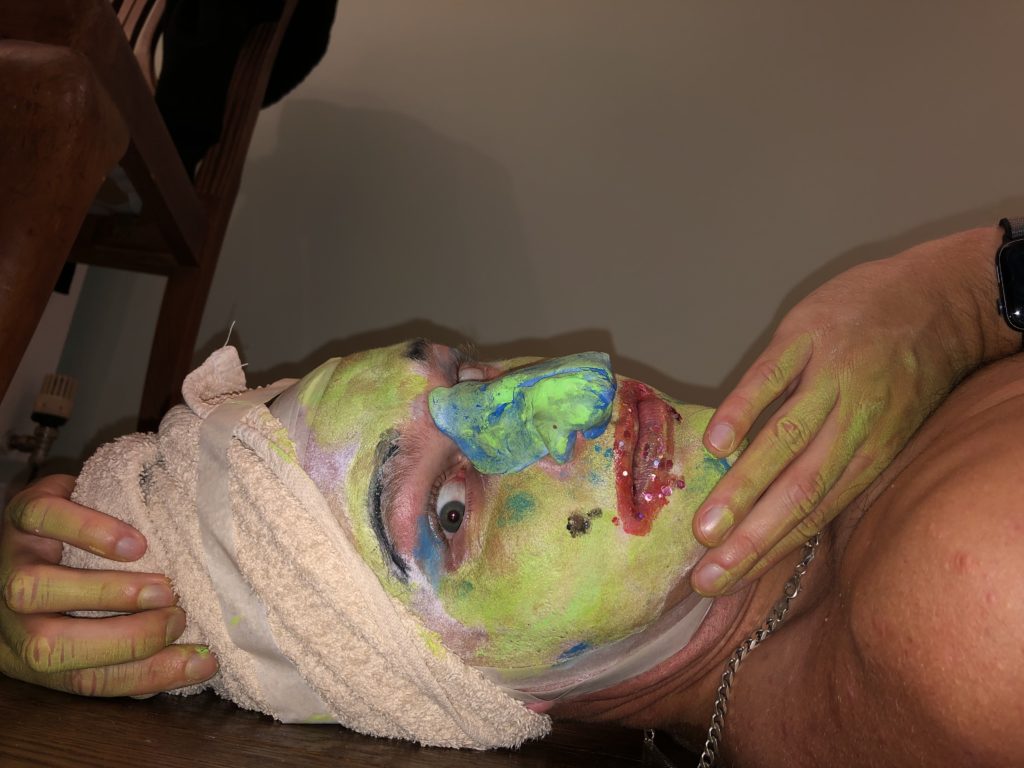
Green monster men as queer sex icons
I’ve never seen such lovely big courgettes https://deptfordx.wpengine.com/wp-content/uploads/2020/09/09-jhill-week2-.mp4 https://deptfordx.wpengine.com/wp-content/uploads/2020/09/10-jhill-week2.mp4
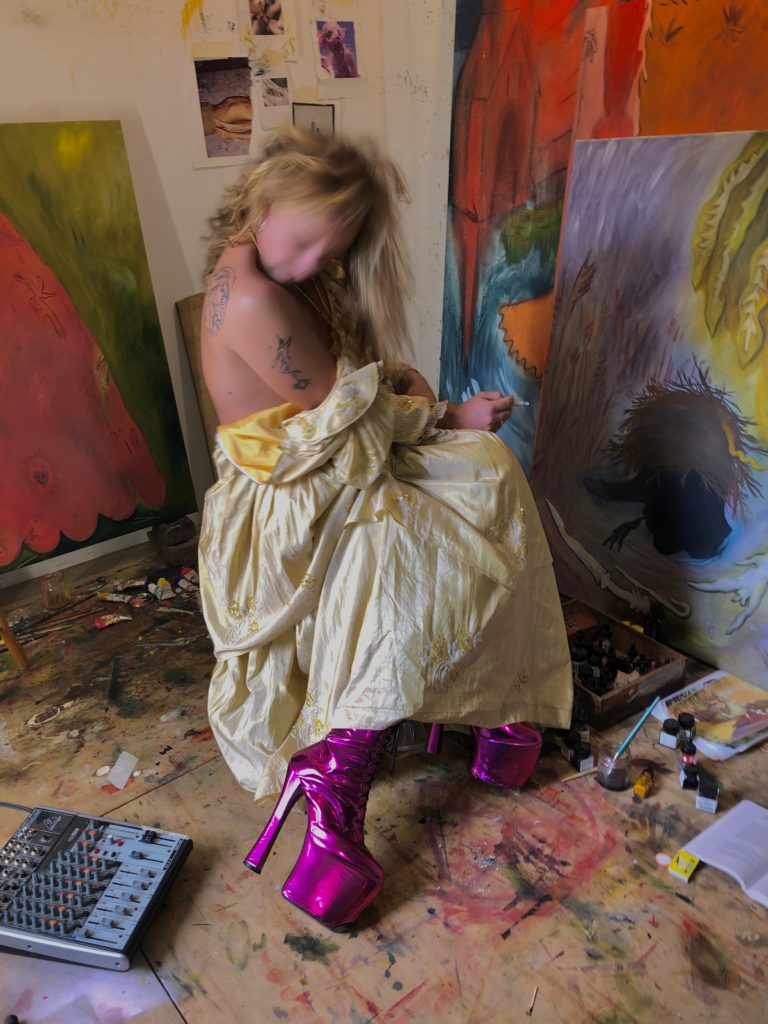
Only Gay in the Village
Only Gay in the Village – Wolfie Wright Wolfie Wright is an artist and gardener, who now lives in East…
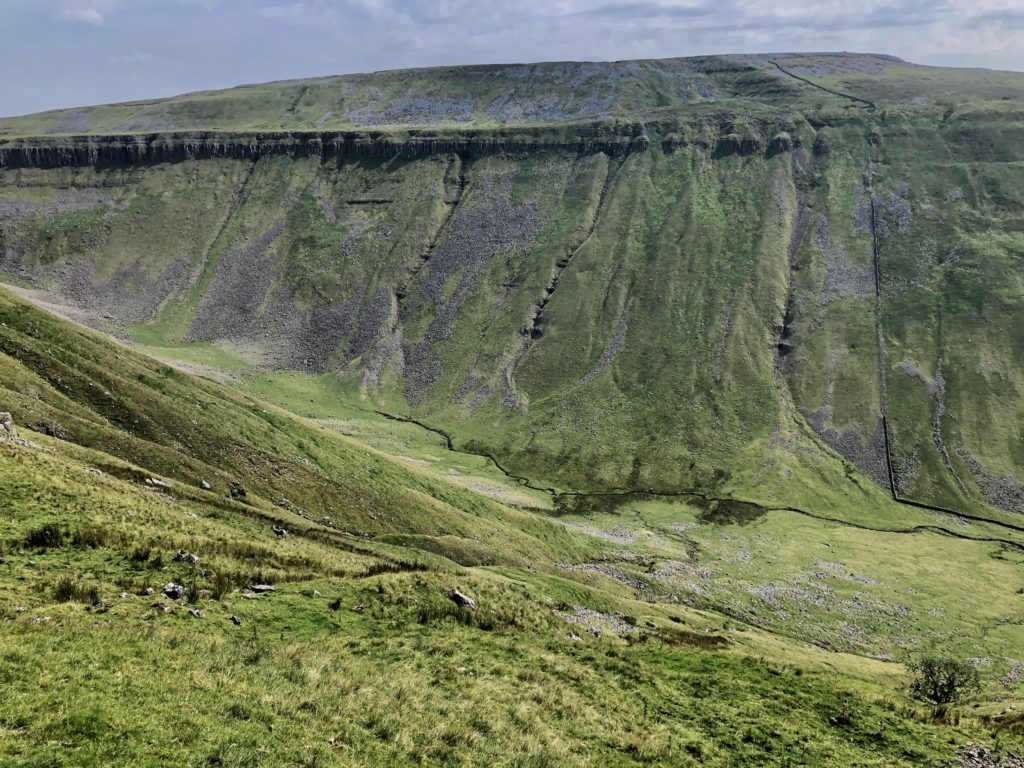
Foreword
In considering how to be together again, I ask what it means to establish your identity in and occupy spaces…
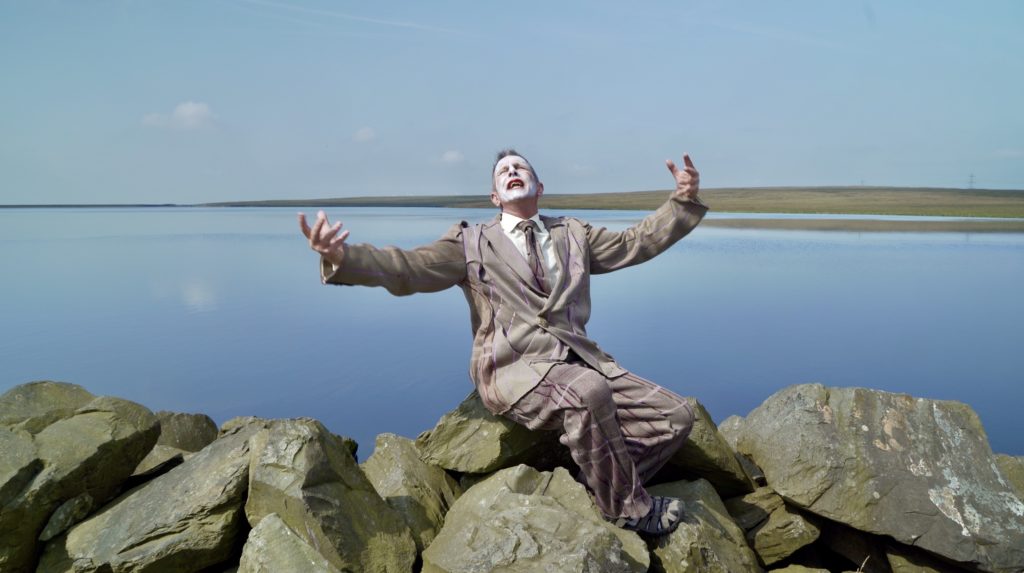
Jaron Hill
Jaron Hill is an artist and filmmaker based in Forest Hill. Since graduating from BA Fine Art at Central Saint…